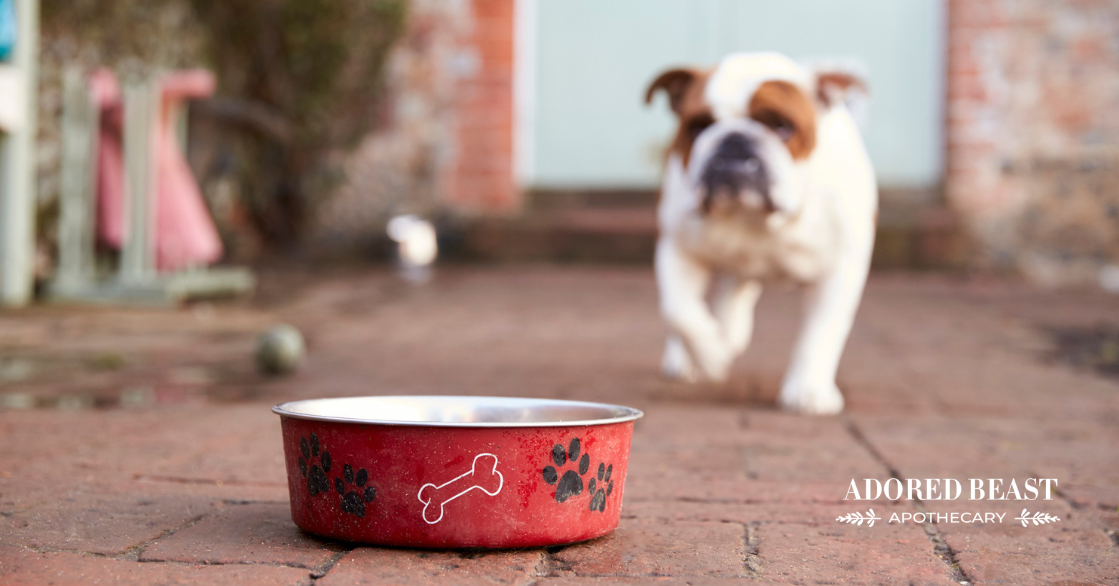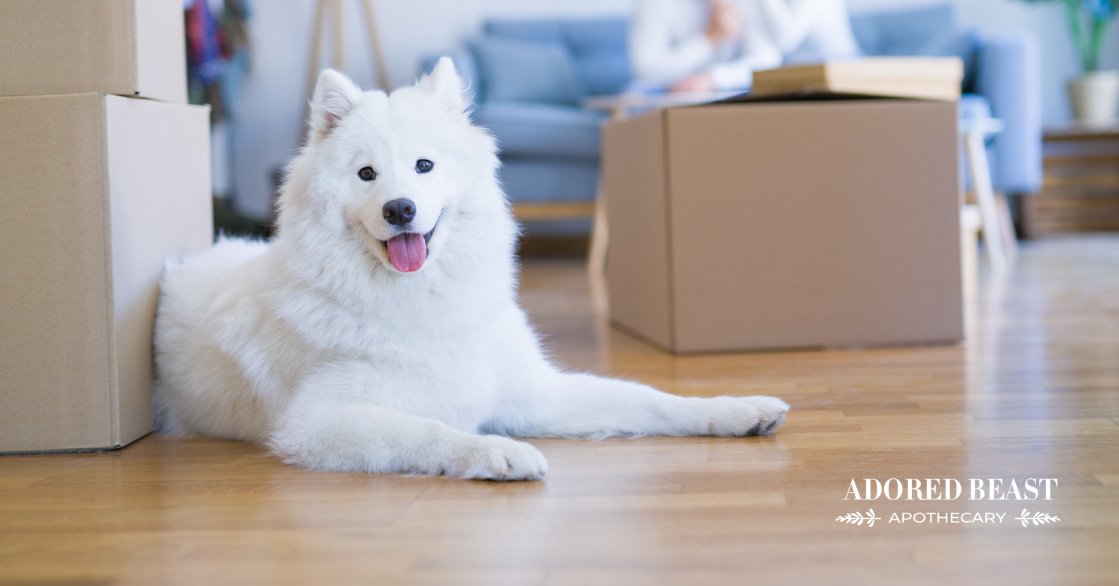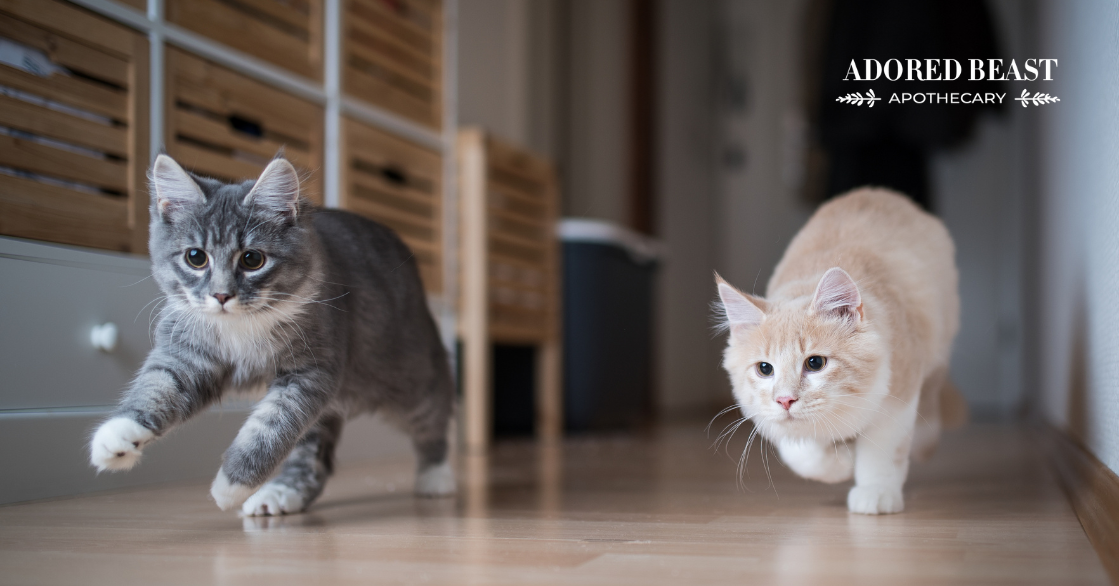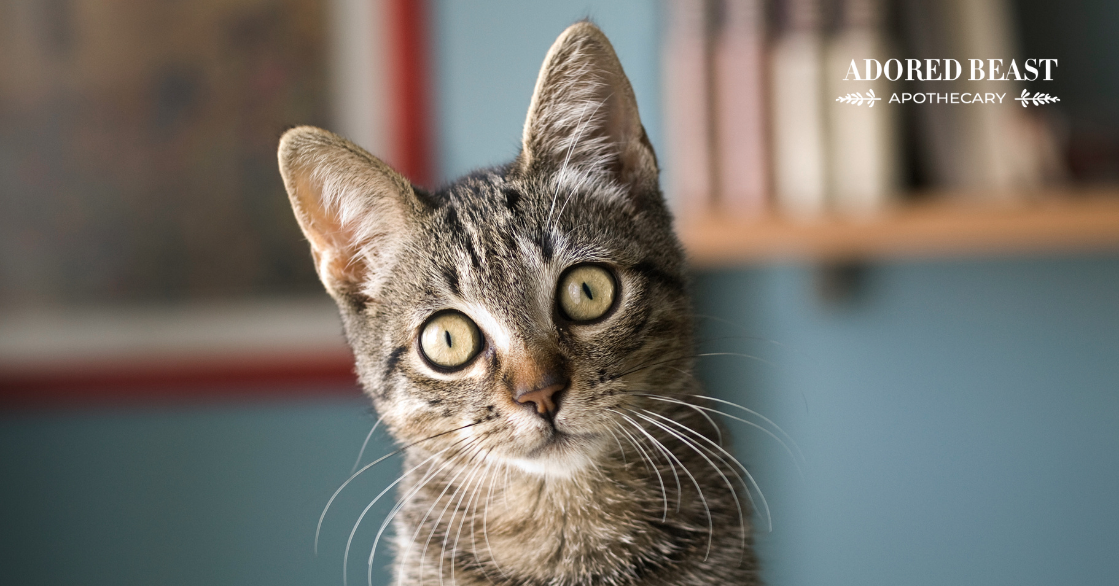Intermittent fasting seems to be a major trend in health and wellness these days. For a variety of reasons, people choose to fast.
And scientifically it makes sense. If you look at fasting for humans, there is extensive research that backs the benefits. And many of those same benefits seem to translate to animals as well. We know there are a few benefits of fasting a dog.
But there are some important things to keep in mind if you want to start fasting a dog. Some animals can benefit, while others should not be fasted.
So, why might you consider it? Let’s take a look!
The Benefits of Fasting a Dog
As much as 80% of a dog’s immunity is in the gut. That means you want to always keep the gut healthy. But digestion is a big job, and it can often take a lot of the immune system’s resources. So, giving the digestive system a little break from, well, digesting, means the body can focus its energy on some other tasks.
- Fasting gives the immune system a moment to reset and detox from life’s daily toxins.
- During periods of fasting, macrophage activity increases. Macrophages engulf and destroy bacteria, viruses and other foreign substances but they also ingest worn-out or abnormal body cells.
- Fasting may provide a protective effect and may speed healing with bacterial infections.
And research backs these benefits. A study done in 2019 found that “extended periods of fasting, independent of diet composition or total caloric intake, might be an effective intervention to enhance healthspan and longevity.” In fact, the fasting of mice in the study resulted in lifespan extensions of 11% and 28%!!
**The mice in the study were fasted every other day, which we don’t recommend, but it does tell us that there is some important potential for our animals’ (and our own) health when we consider withholding food for certain lengths of time.
One of the other reasons people choose fasting a dog is in cases of diarrhea. Since diarrhea is caused by some type of irritation in the gastrointestinal tract, often people will suggest fasting to give it a time to settle. This can often be enough to get rid of it. You can withhold your animal’s regular food for 12 hours (up to 24 but no more), but ALWAYS give access to water. Diarrhea can lead to dehydration.
That said, Adored Beast founder Julie Anne Lee DCH suggests never fully fasting, especially if it is IBD or stressed-induced because it can cause a lot more stress. She always recommends some very mild food that’s easy on the gut (bone broth, raw goat milk, small amounts of pureed cooked chicken or a protein that your dog can have, or pumpkin) and never longer than 24 hrs. She also recommends Gut Soothe mixed in to help soothe inflammation.
The Dos and Don’ts
As mentioned, there are some important things to keep in mind if you want to start fasting a dog. Fasting absolutely has its benefits, but in the correct situations. Some animals can benefit, while others should not be fasted.
When we fast, we have free will and we know why we are doing it, which allows for positive thoughts and hormones to cycle. Your dog does not understand and it can create the opposite cycle. Therefore, if you want the benefits for your dogs take the time to do it right.
Here are our top dos and don’ts.
Don’ts
- Don’t fast puppies (or cats)
- Our founder recommends that if you fast your dog, you should fast yourself or your family. Dogs are inherently pack animals. Unless there is a severe food shortage, or an animal has been shunned by the pack for doing someone wrong or inappropriate, they all eat together on the same day, same kill… YOU AND YOUR FAMILY ARE IN FACT THEIR PACK. Therefore, if your dog smells food cooking and sees his pack eating, there can be a strong disconnect or stress-induced response based on them thinking they’ve done something wrong. This is not as much of an issue if the puppy has been raised this way, but to fast a dog who’s older (even at 6 months), and not used to fasting can be very stressful and counterintuitive.
- Give a raw meaty bone when you or your family are eating.
- The same holds true with cooking. Don’t cook or eat in the same room as a fasting dog. When a dog smells food, their digestive system starts to work by inducing salivation and releasing gastric acid and insulin. This can lead to acid reflux.
- In Julie’s experience, dogs who suffer from gastric reflux do not benefit from fasting.
- For dogs with anxiety disorders, fasting can be another disconnect from natural species behaviour that can lead to more anxiety or aggression. Perhaps avoid fasting these animals.
- For dogs with cancer or chronic disease, everything above falls in line with this. With chronic disease and cancer, we want to minimize all stress. Of utmost importance here is what they eat, how much, and at what times. Provoking any of the negatives we have written above is not helpful.
- Do not fast your dog on a hard exercise day, for example, after agility class, hiking, frisbee day at the beach, heavy daycare day when he sees all the other dogs eating…
- Older dogs need more nutrients, so don’t go without for long for them.
Dos
- Fasting a dog is still beneficial with a bone fasting day
- Always make sure your pet has access to fresh water-
- How often depends on the dog and the commitment of the pet parent, but Julie would never do it more than once a week.
- MAKE sure you pay attention to how your dog is acting and what he is like through the next week. For example, does he get more food aggressive, bite at your fingers for treats, get into the garbage, eat stick or rocks or dirt? Is he lethargic after?
Fasting a dog can be beneficial in a number of scenarios, but just remember that every animal is an individual, with individual needs and health journeys. Never do something just to do it. Consider your animal first, and make sure to listen to what your animal tells you.











![[RESEARCH] Is Herbicide Safe for Dogs?](https://blog.adoredbeast.com/wp-content/uploads/2025/06/herbicides-safe-for-dogs-103x55.png)
